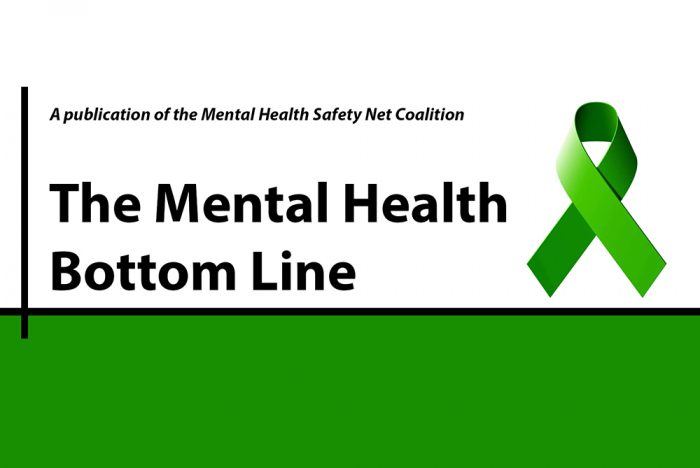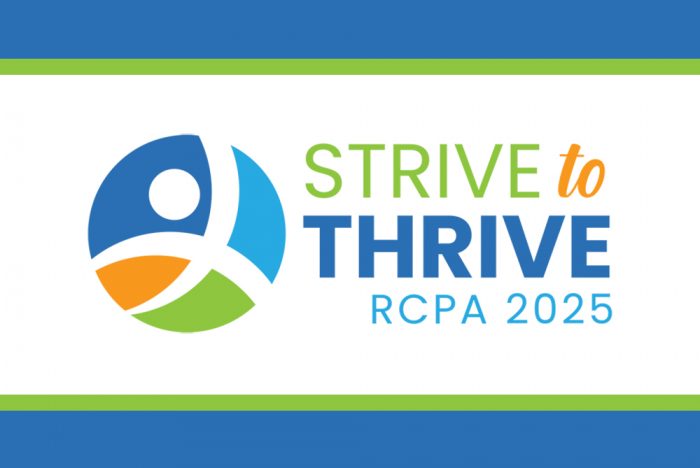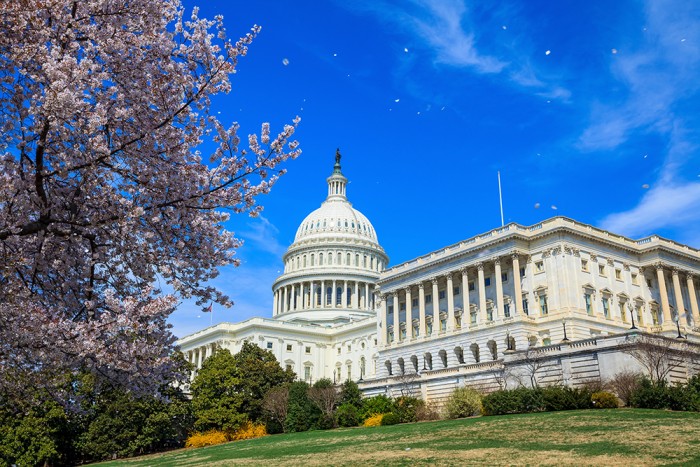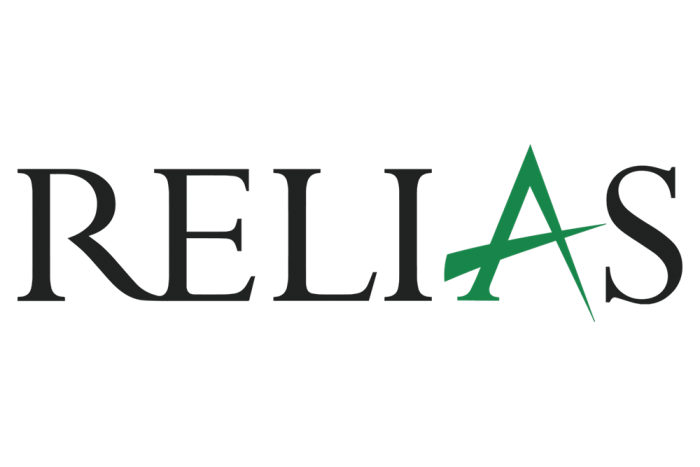The FFY 2026/27 Community Mental Health Services Block Grant (CMHSBG) Draft Pennsylvania Application is now available for public comment. The CMHSBG is federal block grant funding that assists states in providing community-based services to adults with Serious Mental Illness and children with Severe Emotional Disturbance. This application provides a review of the current strengths and needs in the Pennsylvania mental health system and plans priority areas for improvement. The priorities were developed in consultation with representatives from the Pennsylvania Mental Health Planning Council. The CMHSBG Application public comment period will remain open until August 25, 2025.
Please access the application using the Webbgas Citizen’s login using the below credentials.
- Login: citizenpa
- Password: citizen
Submit any comments on this application to the CMHSBG Resource inbox.
RCPA is open to submitting members’ comments and feedback via our organization’s response to the public feedback process. If you would like to have RCPA submit comments on behalf of your agency, please contact RCPA Policy Associate Emma Sharp with any questions.
















